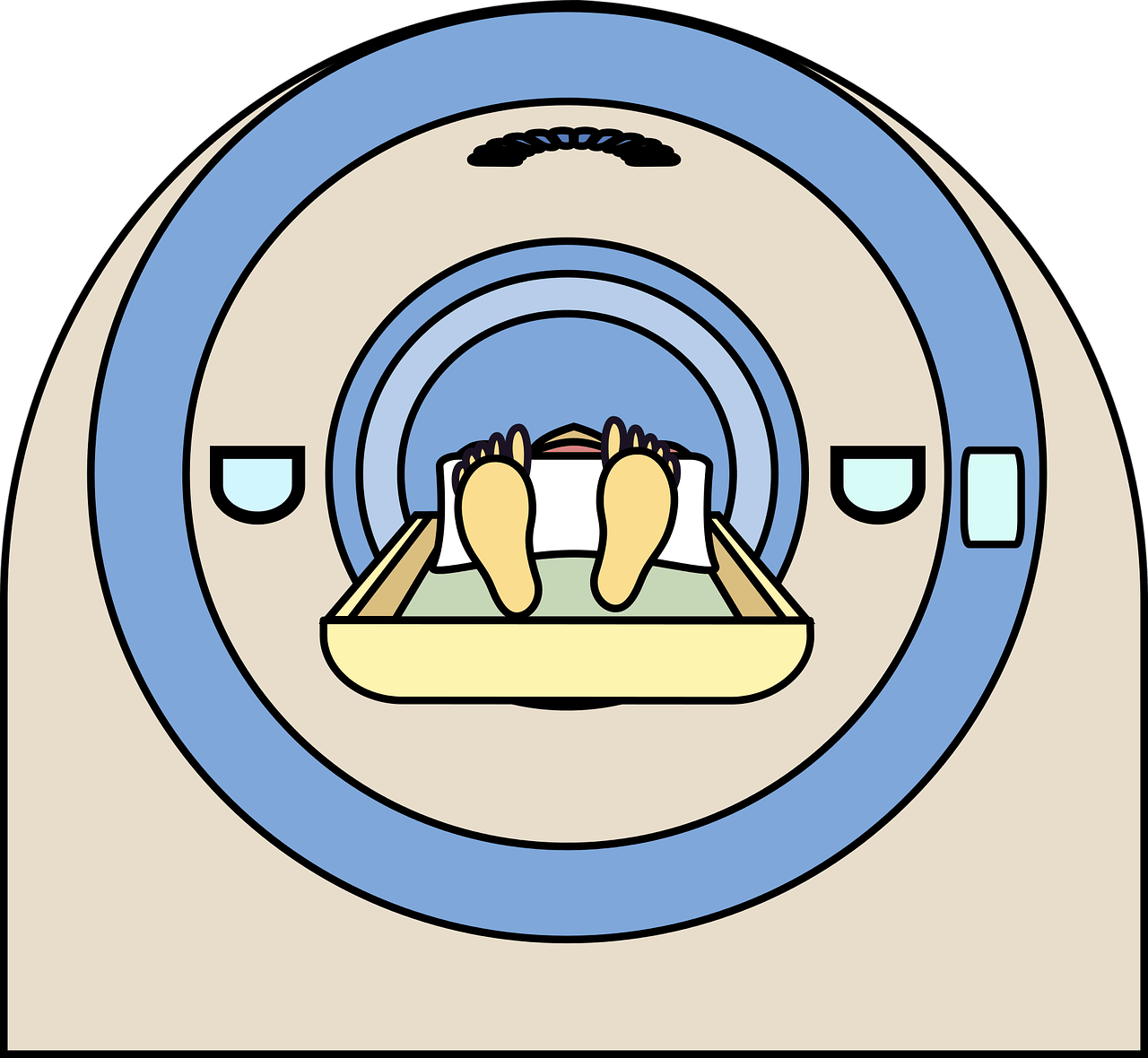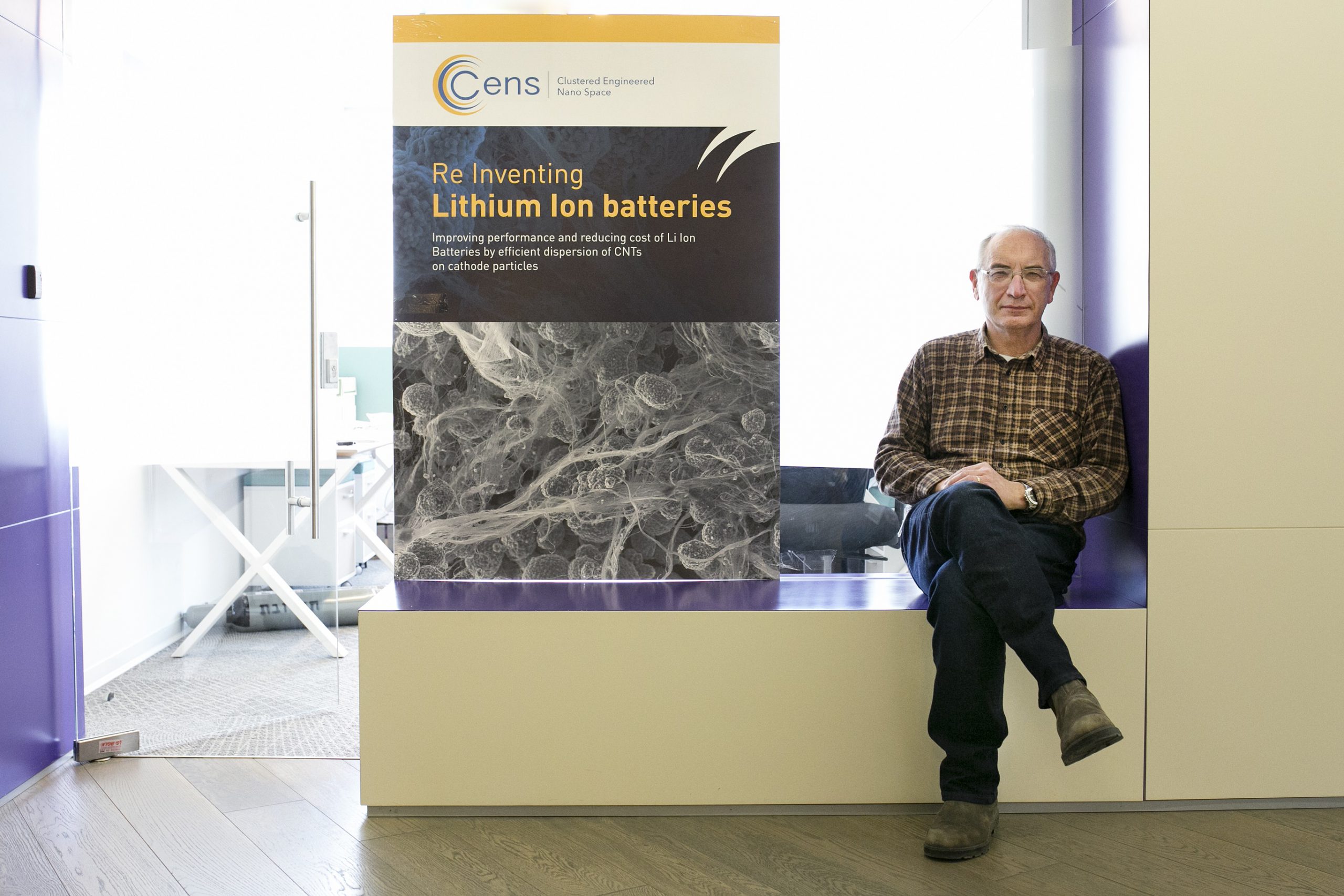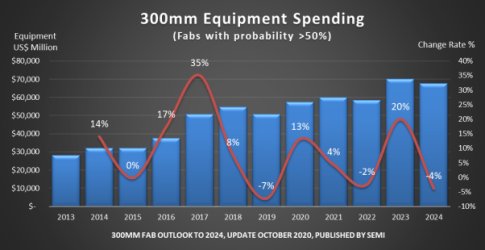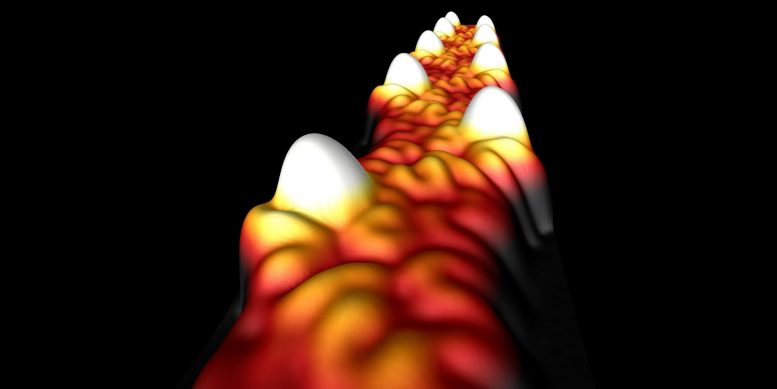
Scientists from Ben-Gurion University of the Negev and Soroka Medical Center have developed the ability to predict the biological age of the brain compared to the chronological age using MRI scans.
How well does your brain age match your chronological age? Researchers from Ben-Gurion University of the Negev and Soroka Medical Center have developed a new tool that can now provide an answer to this question.
If you thought your brain age necessarily matched your body age – think again. In normal health, this is indeed the case, however when there are various brain pathologies, such as Alzheimer’s disease, the brain may appear older. Studies further show that a large gap between brain age and chronological age predicts disease. For these reasons determining brain age may serve as an important biological marker in dealing with degenerative diseases and monitoring their progression.
The research team developed an in-depth learning-based method for predicting brain age based on a very large pool of structural MRI scans and examined what actually makes our brain look younger or older. The study findings were recently published in the journal Human Brain Mapping.
The researchers trained a cluster of artificial neural networks (Artificial Neural Networks) on 15 open databases that include more than 10,000 structural MRI scans of the brains of healthy subjects aged 94-4. After the algorithm training phase, the neural networks predicted the chronological age of new subjects (for whom the networks were not trained) within a three-year deviation range.
Another interesting question that the researchers examined relates to the identification of the anatomical areas on which the networks “relied” in the process of predicting brain age. To this end, in the inference phase of the learning process, the researchers created computational tools using “explanatory maps” that allowed them to deduce the extent to which each area of the brain contributed to predicting age. These maps were built for each subject and their combination enabled reliable heating for the entire population. In this way, the researchers identified that brain chambers and brain spaces called cisterns are of high importance in predicting the chronological age of the brain. These new findings pave the way for new and interesting ways for future research.
According to the researchers, “Our method presents the possibility that brain age and its deviation from chronological age can serve as a biological marker for brain health. The findings will help track brain development and provide early warning of diseases, which are essential steps in developing effective therapies. In addition, such a biological marker will provide additional insights into how diseases affect the brain. ”
Dr. Gideon Levkov, PhD student who led the study, Dr. Gideon Rosenthal, who completed his doctoral studies at Ben-Gurion University of the Negev, both from the Department of Cognitive and Neuroscience, Prof. Ilan Shelef, Director of the Imaging Institute at Soroka Medical Center, Dr. Tami Riklin Raviv participated in the study. From the School of Electrical and Computer Engineering and Prof. Galia Avidan from the Departments of Psychology and Cognitive and Brain Sciences. All are also members of the Zlotovsky Center for Neuroscience at Ben-Gurion University of the Negev.
[custom-twitter-feeds feed=2]





